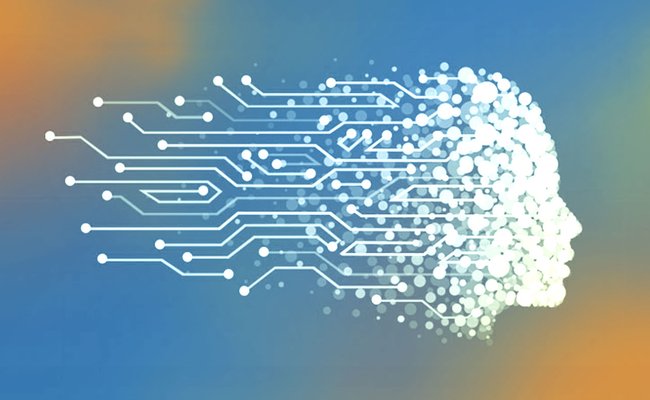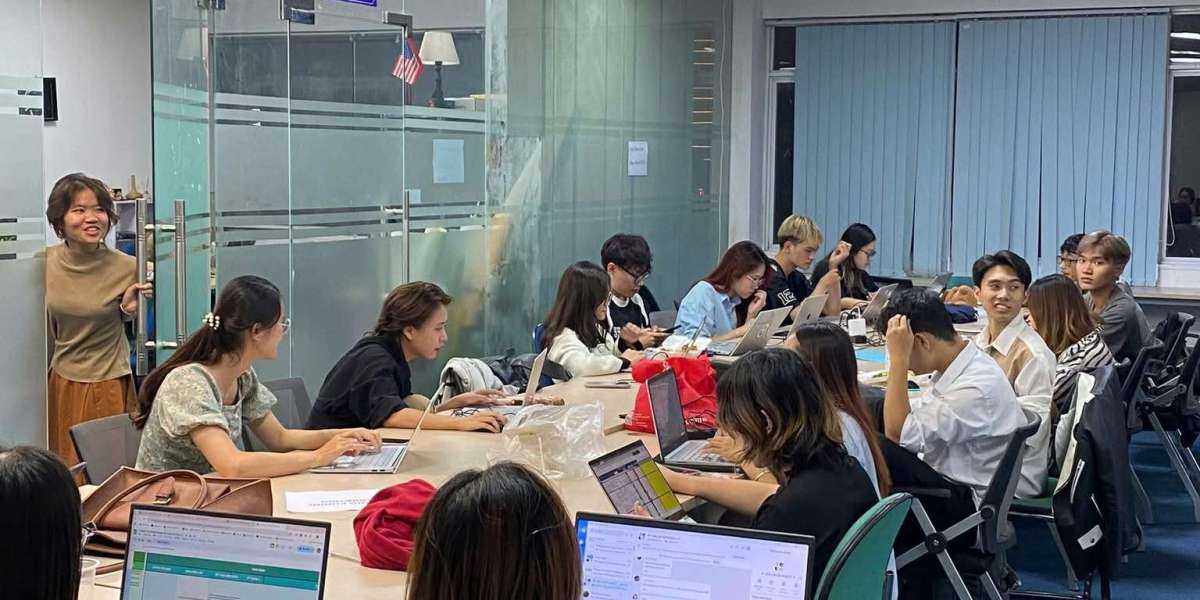Artificial Intelligence (AI) is changing education while making discovering more available but likewise sparking disputes on its impact.
While trainees hail AI tools like ChatGPT for akropolistravel.com improving their knowing experience, speakers are raising concerns about the growing reliance on AI, which they argue fosters laziness and undermines scholastic integrity, particularly with many trainees not able to protect their projects or offered works.
Prof. Isaac Nwaogwugwu, a lecturer at the University of Lagos, in an interview with Nairametrics, expressed aggravation over the growing reliance on AI-generated reactions among trainees recounting a current experience he had.
RelatedStories
Avoid sharing personal information that can recognize you with AI tools- Expert cautions
Chinese AI app DeepSeek stimulates international tech selloff, challenges U.S. AI supremacy
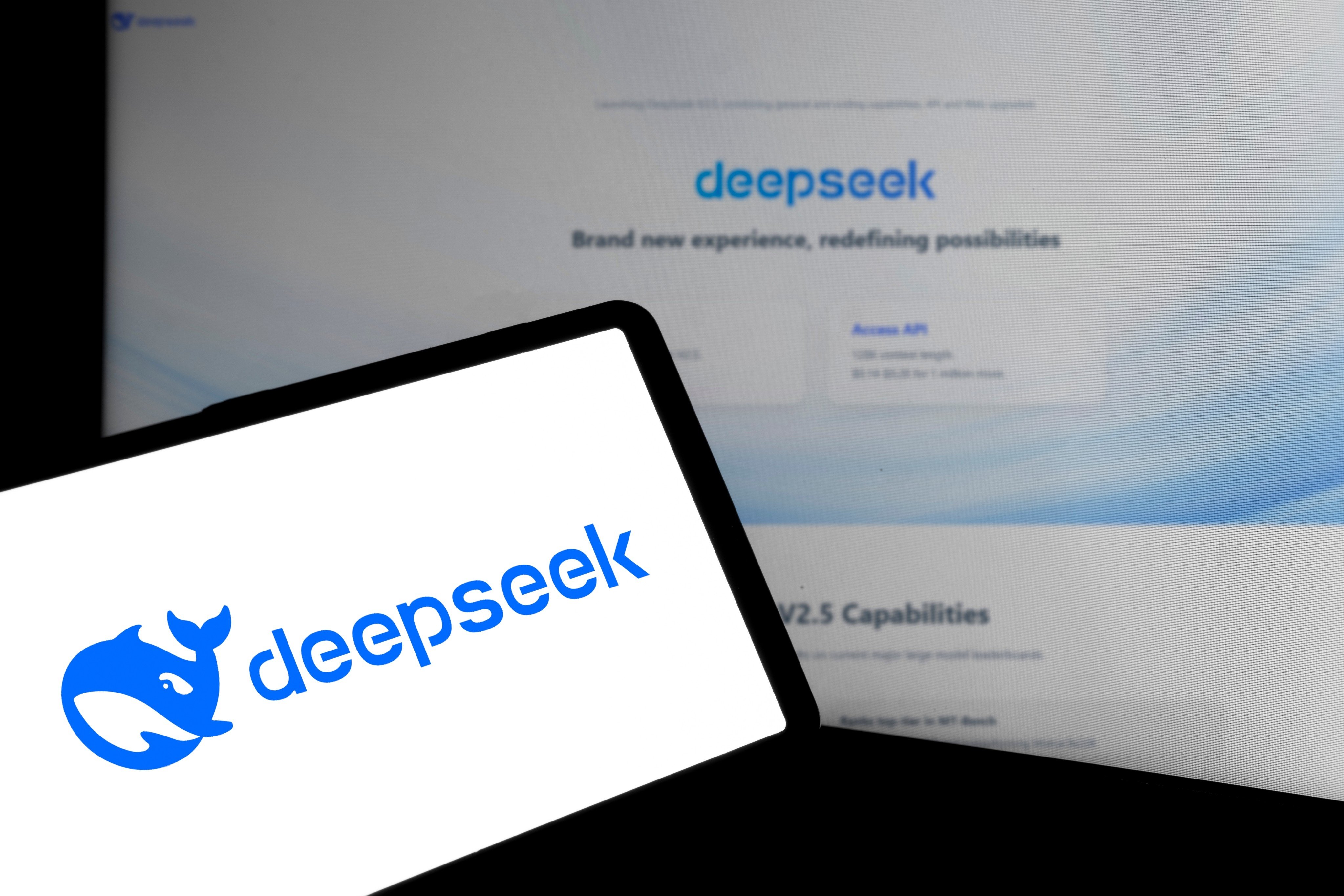
"I provided a project to my MBA students, and out of over 100 trainees, about 40% sent the specific very same responses. These students did not even know each other, however they all utilized the exact same AI tool to produce their responses," he said.
He kept in mind that this trend is common among both undergraduate and postgraduate students but is especially concerning in part-time and distance knowing programs.
"AI is a serious difficulty when it pertains to tasks. Many trainees no longer think critically-they just go online, create answers, and submit," he included.
Surprisingly, some speakers are also implicated of over-relying on AI, setting a cycle where both teachers and students turn to AI for benefit instead of intellectual rigor.
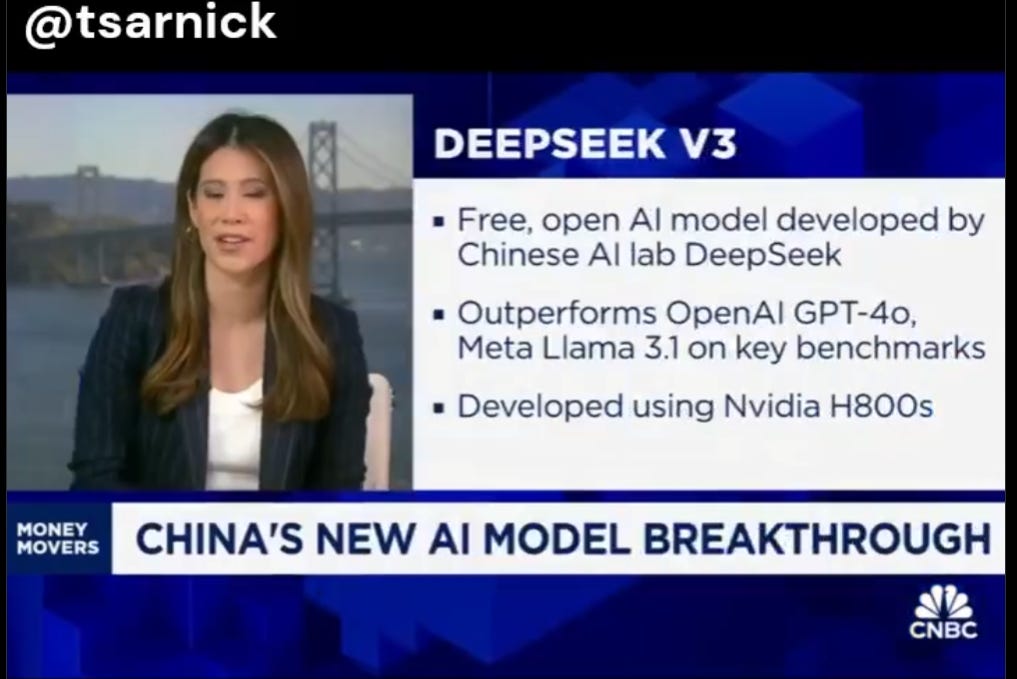
This argument raises vital concerns about the role of AI in academic integrity and trainee development.
According to a UNESCO report, while ChatGPT reached 100 million month-to-month active users in January 2023, just one nation had released policies on generative AI since July 2023.
As of December 2024, ChatGPT had over 300 million individuals utilizing the AI chatbot each week and 1 billion messages sent every day all over the world.
Decline of academic rigor
University lecturers are increasingly concerned about trainees sending AI-generated projects without truly comprehending the content.
Dr. Felix Echekoba, a lecturer at Nnamdi Azikiwe University, expressed his issues to Nairametrics about students progressively relying on ChatGPT, just to deal with responding to basic concerns when checked.
"Many trainees copy from ChatGPT and submit polished projects, however when asked basic concerns, they go blank. It's disappointing because education is about discovering, not simply passing courses," he said.
- Prof. Nwaogwugwu mentioned that the increasing variety of superior graduates can not be totally associated to AI however admitted that even high-performing students use these tools.
"A first-class student is a top-notch trainee, AI or not, however that doesn't suggest they don't cheat. The benefits of AI might be peripheral, however it is making trainees reliant and less analytical," he stated.
- Another speaker, Dr. Ereke, from Ebonyi State University, raised a various concern that some lecturers themselves are guilty of the same practice.
"It's not just trainees utilizing AI lazily. Some speakers, out of their own laziness, generate lesson notes, course lays out, marking plans, and even exam concerns with AI without examining them. Students in turn utilize AI to generate responses. It's a cycle of laziness and it is eliminating genuine learning," he lamented.
Students' viewpoints on usage
Students, on the other hand, say AI has enhanced their learning experience by making academic products more reasonable and accessible.
- Eniola Arowosafe, a 300-level Business Administration trainee at Unilag, shared how AI has considerably aided her knowing by breaking down complex terms and offering summaries of lengthy texts.
"AI helped me comprehend things more easily, particularly when dealing with complicated subjects," she explained.
However, she recalled an instance when she used AI to send her project, only for her lecturer to right away recognize that it was generated by ChatGPT and reject it. Eniola noted that it was a good-bad result.
- Bryan Okwuba, who recently graduated with a first-rate degree in Pharmacy Technology from the University of Lagos, securely thinks that his scholastic success wasn't due to any AI tool. He associates his impressive grades to actively interesting by asking concerns and focusing on locations that speakers highlight in class, as they are often shown in exam concerns.
"It's everything about being present, taking note, and using the wealth of knowledge shared by my associates," he said,
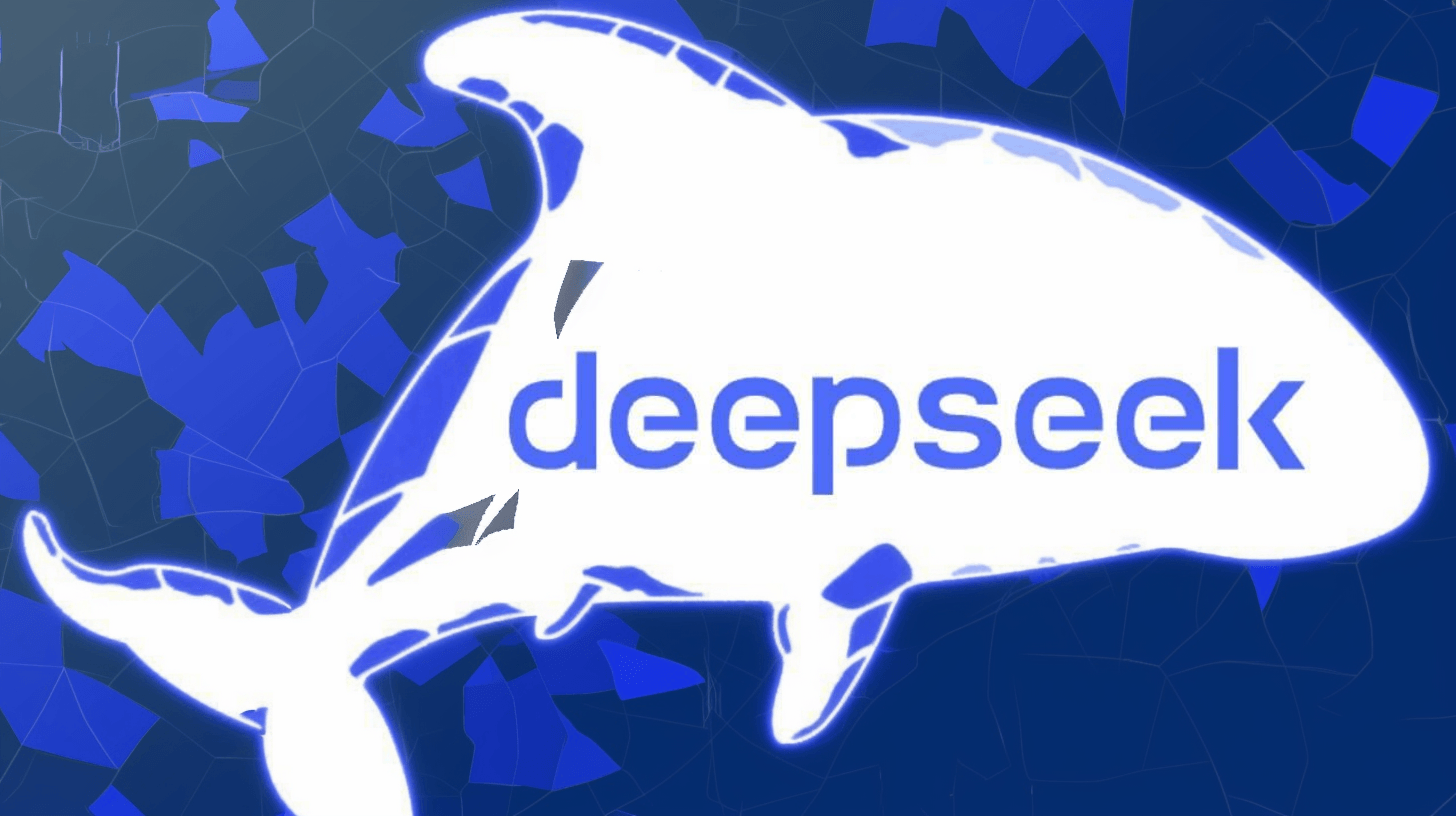
- Tunde Awoshita, a final-year marketing trainee at UNIZIK, wiki.lexserve.co.ke confesses to sometimes copying directly from ChatGPT when dealing with numerous deadlines.
"To be honest, there are times I copy directly from ChatGPT when I have numerous deadlines, and I know I'm guilty of that, a lot of times the speakers don't get to check out them, however AI has likewise helped me find out faster."
Balancing AI's function in education
Experts believe the solution lies in AI literacy; teaching trainees and suvenir51.ru lecturers how to utilize AI as a knowing help instead of a shortcut.
- Minister of Education, oke.zone Dr. Tunji Alausa, highlighted the combination of AI into Nigeria's education system, stressing the significance of a balanced technique that keeps human involvement while utilizing AI to improve discovering outcomes.
"As we browse the quickly progressing landscape of Artificial Intelligence (AI), it is essential that we prioritise human company in education. We should ensure that AI enhances, instead of changes, teachers' important role in shaping young minds," he stated
Concerns over AI in Learning
Dorcas Akintade, a cybersecurity change expert, addressed growing issues regarding the use of expert system (AI) tools such as ChatGPT and their potential risks to the educational system.
- She acknowledged the benefits of AI, nevertheless, emphasized the requirement for caution in its usage.
- Akintade highlighted the increasing resistance amongst educators and schools towards including AI tools in finding out environments. She identified two main reasons why AI tools are dissuaded in instructional settings: security threats and plagiarism. She explained that AI tools like ChatGPT are trained to react based upon user interactions, historydb.date which may not align with the expectations of teachers.
"It is not taking a look at it as a tutor," Akintade stated, discussing that AI does not deal with specific mentor approaches.
Plagiarism is another issue, as AI pulls from existing data, frequently without correct attribution
"A great deal of people require to understand, like I said, this is information that has been trained on. It is not just bringing things out from the sky. It's bringing information that some other individuals are fed into it, which in essence implies that is another person's documents," she cautioned.
- Additionally, Akintade highlighted an early concern in AI development called "hallucination," where AI tools would generate info that was not factual.
"Hallucination indicated that it was drawing out information from the air. If ChatGPT might not get that info from you, it was going to make one up," she discussed.
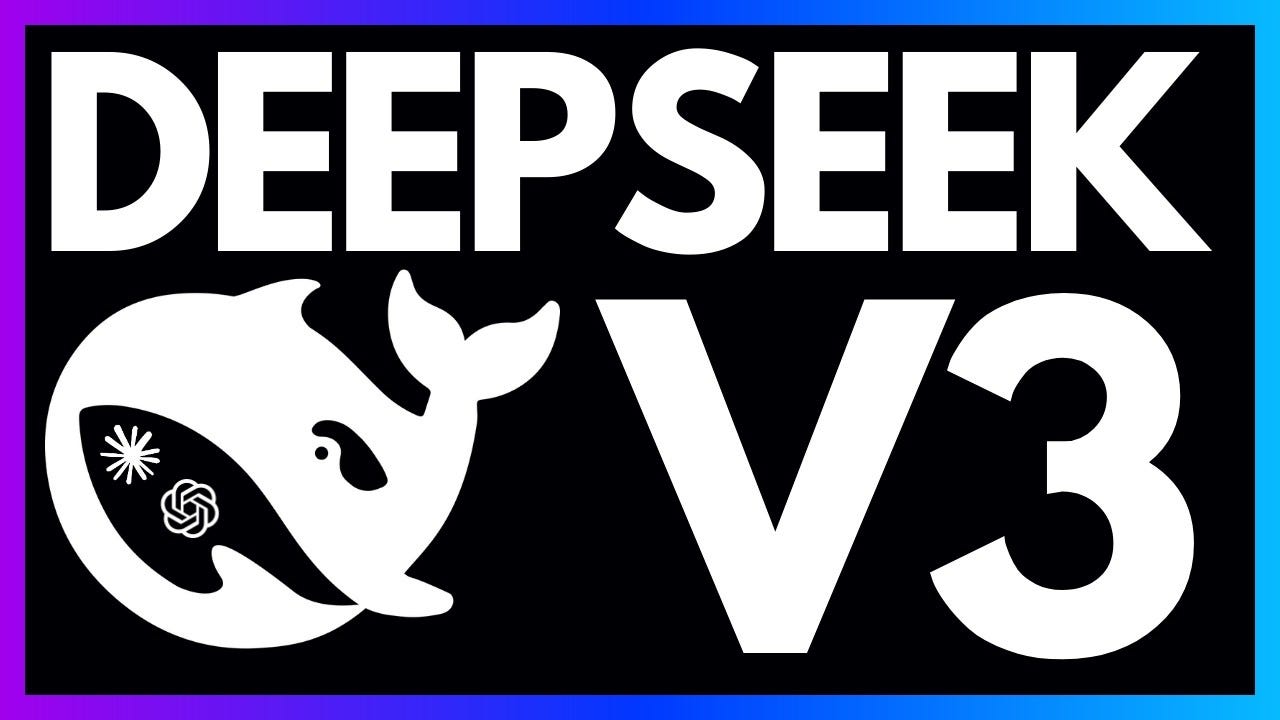
She suggested "grounding" AI by offering it with particular information to prevent such mistakes.
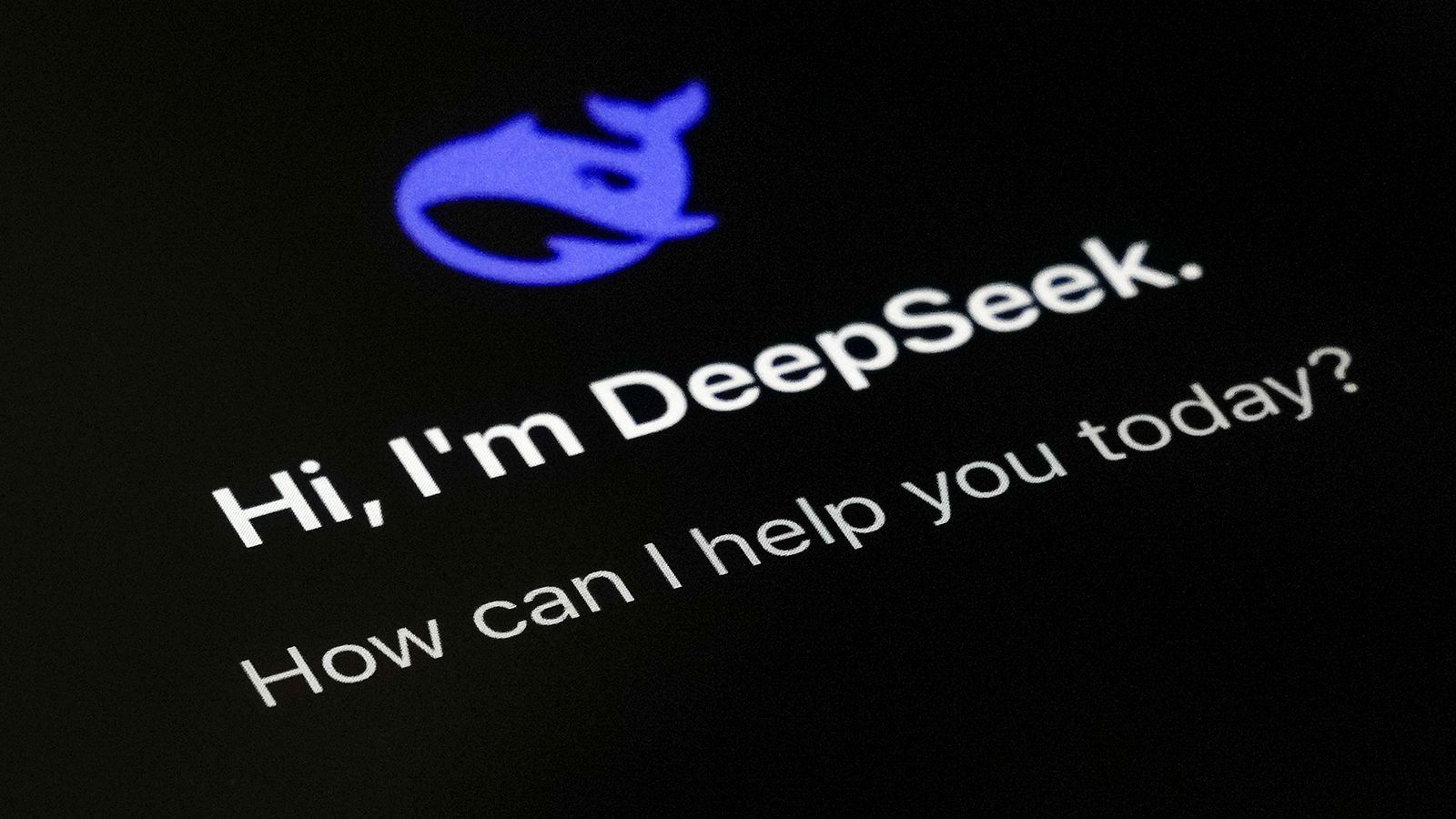
Navigating AI in Education
Akintade argued that prohibiting AI tools outright is not the solution, especially when AI provides an opportunity to leapfrog standard academic approaches.
- She believes that regularly reinforcing crucial details helps individuals keep in mind and prevent making mistakes when faced with difficulties.
"Immersion brings conversion. When you inform people the exact same thing over and over once again, when they are about to make the mistakes, then they'll keep in mind."
She likewise empasized the requirement for forum.batman.gainedge.org clear policies and procedures within schools, keeping in mind that many schools should resolve individuals and process aspects of this use.
- Prof. Nwaogwugwu has resorted to in-class tasks and tests to counter AI-driven academic dishonesty.
"Now, I primarily utilize tasks to guarantee trainees provide initial work." However, he acknowledged that handling large classes makes this approach challenging.
"If you set intricate concerns, students will not be able to use AI to get direct responses," he explained.
He stressed the requirement for universities to train lecturers on crafting test questions that AI can not easily solve while acknowledging that some speakers struggle to counter AI misuse due to an absence of technological awareness. "Some lecturers are analogue," he said.
- Nigeria released a draft National AI Strategy in August 2024, focusing on ethical AI advancement with fairness, openness, accountability, and privacy at its core.
- UNESCO in a report calls for the regulation of AI in education, advising organizations to audit algorithms, information, and outputs of generative AI tools to ensure they meet ethical requirements, protect user data, and filter inappropriate material.
- It worries the need to examine the long-lasting effect of AI on critical skills like thinking and imagination while creating policies that line up with ethical frameworks. Additionally, UNESCO recommends implementing age restrictions for GenAI usage to secure more youthful students and secure vulnerable groups.
- For governments, it encouraged adopting a coordinated nationwide technique to regulating GenAI, consisting of developing oversight bodies and aligning policies with existing data security and privacy laws. It emphasizes evaluating AI threats, implementing stricter rules for high-risk applications, and making sure national data ownership.
